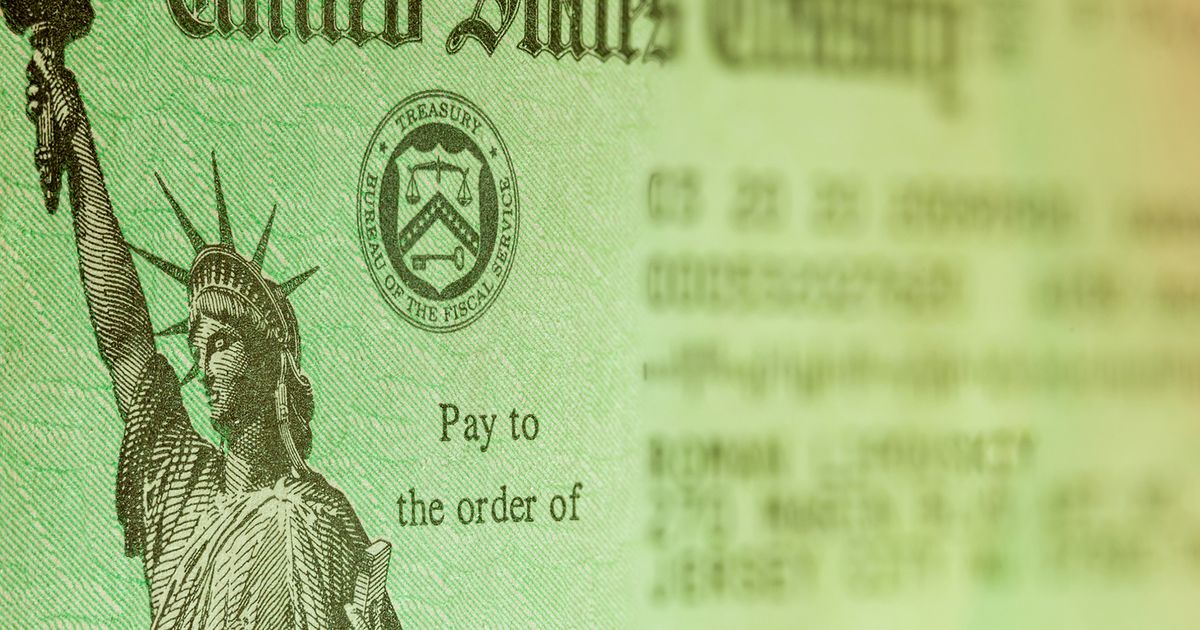
The city of Yakima is following the lead of Spokane and giving its voters a say on a city charter amendment banning a local income tax.
Not that there is any effort to bring a local income tax to Yakima, just as there was no such effort to impose such a tax in Spokane in 2019, when voters seemed to say not just yes, but, “Hell, yes!” to the chance to nip such a notion in the bud.
Or perhaps they wanted to carpet bomb the landscape before any tax-happy politician were to stick his head out of a hole.
Anti-tax types should be rejoicing at the decision to place this amendment on the ballot, as voters are unlikely to turn down a chance to turn down a tax. But Jason Mercier, director of the Center for Government Reform, didn’t rejoice too long before sending out a news release taking issue with anyone who thinks this is all unnecessary because, well, income taxes are currently considered unconstitutional in Washington and any suggestion to the contrary is a “red herring.”
It’s not a red herring, Mercier insisted. “It’s actually an effort to stop the anti-competitive Kraken from rising out of the sea.”
Setting aside the mixing of maritime metaphors for a second, that prompts several questions: Why is a herring red and does the suggestion of a local income tax properly fit the colloquial meaning of a way to divert the public?
Herrings are actually silver when swimming in the sea, but turn red when smoked to preserve them, as happened in the days before refrigeration, Michael Quinion explained in an article for “The Wide World of Words.” They also turn smelly, and were mentioned in various examples of English literature over the past two centuries as something that was used to throw tracking dogs off the scent of foxes, hares or fugitives, although that probably didn’t really happen.
In other words, they are a phony device to distract attention from a goal.
If opponents of the local income tax restrictions are calling those measures “red herrings,” they are etymologically incorrect. Groups like the Washington Policy Center, which is a big fan of such measures, aren’t trying to distract anyone. They are trying to crystallize opposition to income taxes of all kinds by focusing on the fairly unlikely prospect of the local version.
If anything, they are creating a straw man. The prospect of a local income tax is of questionable legality and nearly impossible politically in a tax-averse city like Spokane, which doesn’t even brook a local business and occupation tax that state law allows. It was used to push likeminded voters to the ballot box.
Everyone might want to adjust their imagery accordingly. And leave the Kraken out of it, at least until they take the ice.
Re-upping the oath
At the start of each legislative term, lawmakers raise their right hand and take an oath to uphold and defend the U.S. and state constitutions. They never unswear that oath, although they sometimes argue over who is being truer to it.
Last week, a dozen conservative Republican lawmakers, including the Spokane Valley delegation of Sen. Mike Padden, Reps. Rob Chase and Bob McCaslin, announced they were “reaffirming” their oath and restating their sincere and genuine respect for those documents.
They said they found it necessary because of the emergency declarations begun last March with the COVID-19 outbreak and recent legislation “which law enforcement officers across the state have said will put the public at greater risk.”
Considering Republicans tried unsuccessfully to revise the emergency rules and voted against the police reform laws, it’s not clear what practical effect reaffirming the oath will have.
One good stat from primary election
Voter turnout from last Tuesday’s primary is unsurprisingly low at nearly 25%. That’s already slightly higher than the past two local primaries held after a big boost in registration for the previous presidential elections.
Turnout topped out at 22% in both 2017 and 2013. It was a surprising 33% in 2009, helped in part by a vote on a public safety sales tax, but that was a bit of an anomaly. It was 25% in 2005 and 18% in 2001, back in the “good old days” of poll voting for a primary held in September.
One statistic Spin Control likes to monitor, the undervotes, was down. That’s what happens when voters dosn’t mark any of the candidates for a particular office on their ballot.
In a presidential election, most voters know who they want to pick for that top spot, but the farther down the ballot they go, the more likely they are to shrug and skip a race. Sometimes there are enough undervotes that if a losing candidate had been able to connect better with those voters, he or she could have wound up on top.
For the most part, that wasn’t the case in this election, with the exception of the council race in northeast Spokane. There, second and third place – and the chance to be in the general election – are separated by two votes, and 42 voters didn’t pick a candidate. Otherwise, the ballot apparently was short enough that most people knew who they wanted.
"control" - Google News
August 08, 2021 at 07:56AM
https://ift.tt/3AmT8SP
Spin Control: Are local income tax bans a red herring in Washington? - The Spokesman-Review
"control" - Google News
https://ift.tt/3bY2j0m
https://ift.tt/2KQD83I
Bagikan Berita Ini














0 Response to "Spin Control: Are local income tax bans a red herring in Washington? - The Spokesman-Review"
Post a Comment